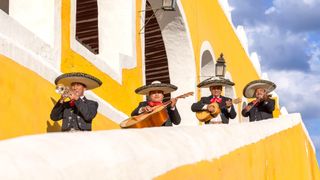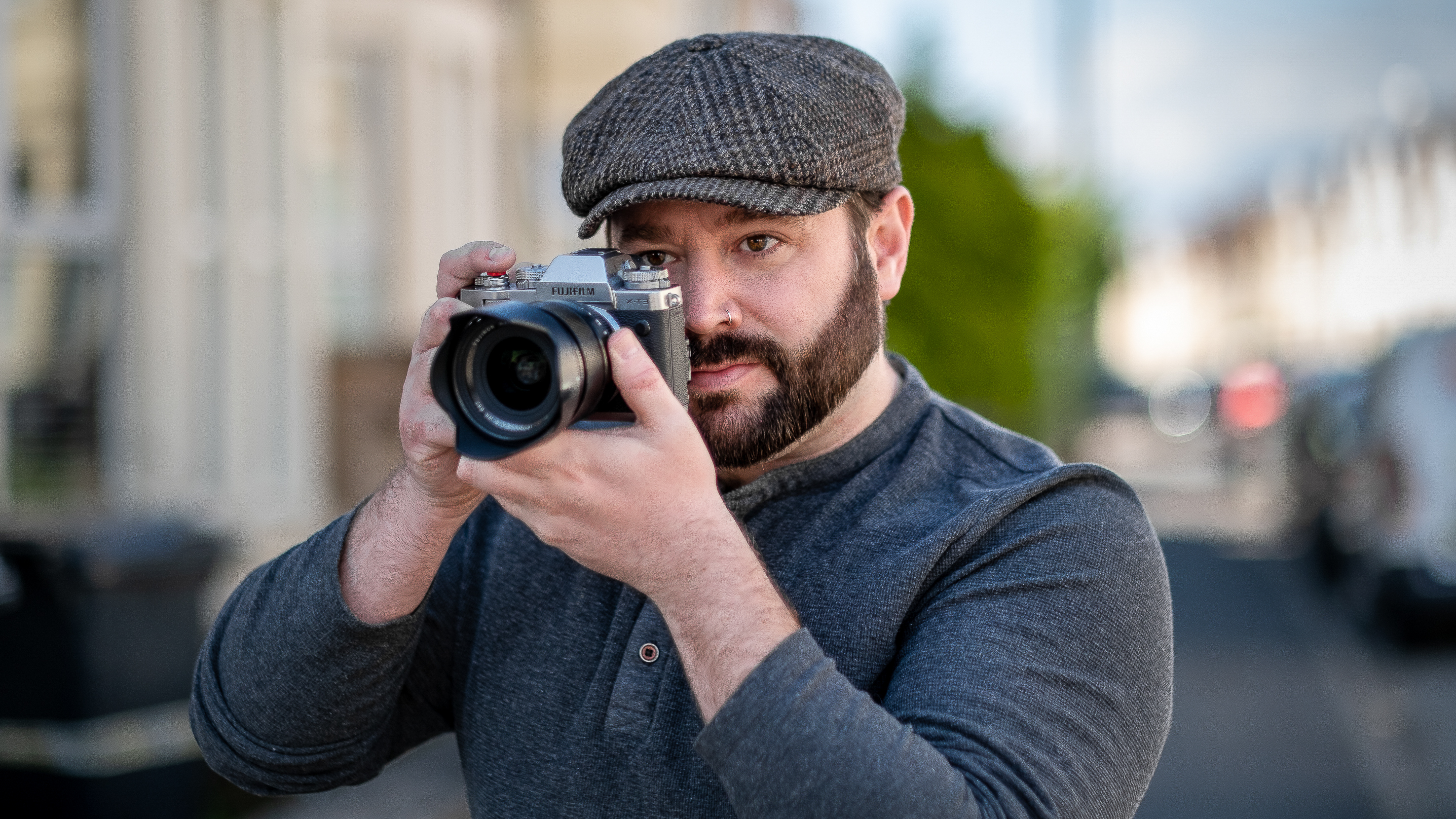Travel photography comes in many forms, from visiting bustling tourist hotspots to spending time photographing iconic landscapes. The genre is closely linked to street photography, with many similarities in its candid style of capturing images – witnessing a brief moment in time as two friends chat outside a coffee shop,
for example, or shooting an intriguing local vehicle passing by in the street.
• Make sure you're traveling with one of the best travel cameras!
The trick with travel photography is to always be ready; what may seem like a trivial moment could become an award-winning documentary photo. At the very least, the images from your trips will provide you with visual memories many years down the line, even if you don’t realize it at the time.

When it comes to the equipment you’ll need for shooting on location, you should aim to keep it simple – just one camera and one lens, ideally. I tend to keep my kit light, mainly to avoid having to add extra weight to my suitcase but also so that I’m fully engaged in what I’m shooting (rather than what I’m shooting with).
I don’t like to carry a camera bag when I’m walking around, either – a simple camera strap around the neck or shoulder with a spare battery in my pocket is all I need. It’s personal preference but for me, the optimum focal lengths on a camera with a full-frame sensor are in the 35-85mm range – in fact, I’d argue that one of the best 50mm lenses is perfect.
Here are my five favorite ways to take terrific travel photos anywhere…
1. Just start shooting

It’s rare that I ever choose to go on holiday to the same place twice, so I just start taking photographs – the minute you land, your travel images can begin. This isn’t the time to worry about saving data on your SD card, so make every moment count!
2. Get a feel for the place

Try to gain an understanding of where the locals go and immerse yourself in their culture. Always expose for the brighter parts of the frame – some darker subjects with detail look far better than blown-out highlights dominating the background
of your shots. If you aren’t shooting in manual mode, then you can use exposure compensation to be safe.
• What is exposure compensation and when should I use it?
3. Experiment with shutter speeds

Mingling with a group of local people, I found myself on a commuter bus with hotel workers. I switched to a slower shutter speed of 1/4 sec and allowed the rickety old bus to create a sense of motion in the scene. Using some technical tricks and shooting smart can bring an aspect of storytelling into your images.
4. Get up early

There’s something special about watching a town or city wake up. You will get some time to explore the streets alone and speak to locals. You can glean useful information on places to photograph that are away from the usual tourist spots.
5. Always be ready to shoot

Carry your camera in a way that enables you to start shooting within a few seconds, by wearing it around your neck or on a wrist strap. Leave it turned on, with roughly the right settings dialed in. For example, when going outside, I will reduce the ISO for the brighter conditions. Adjust for your environment in advance so you can always be ready!
Make sure to take the best lenses for travel photography so you're ready for action. You might also want to invest in one of the best action cameras or best waterproof cameras, so you can shoot anywhere. Don't forget to pack one of the best travel adaptors, too, so you can keep your kit charged!


